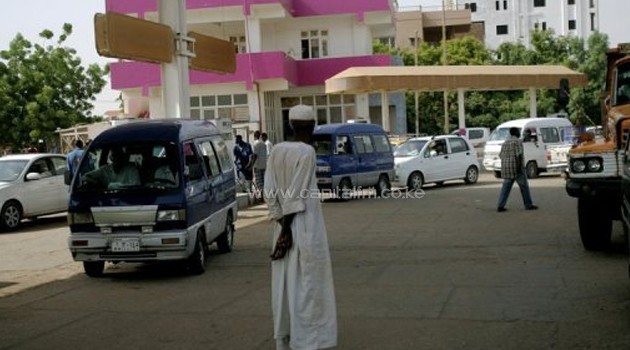KHARTOUM, Sep 29 – Sudan vowed Sunday to stand firm on its decision to hike fuel prices, despite days of deadly protests and criticism from within the ruling party and hardline Islamic leaders.
Authorities say 33 people have died since the near doubling of petrol and diesel prices last Monday sparked the worst unrest in the history of President Omar al-Bashir’s regime.
Activists and international human rights groups say at least 50 were gunned down, most of them in the greater Khartoum area.
There were no immediate reports of fresh protests early Sunday but an AFP correspondent in Khartoum’s twin city of Omdurman said riot police and security forces were on the streets in large numbers.
Information Minister Ahmed Bilal Osman told AFP there was no going back on the fuel price hikes.
“No, it is not possible at all. This is the only way out,” he said in a telephone interview.
Bilal said authorities had to intervene when crowds turned violent.
“This is not (a) demonstration,” he said. “They attacked the gas stations. They burned about 21.”
Bilal said the government knew “riots” would occur if the cost of fuel went up but the reduction of subsidies on petroleum will save billions of dollars.
“Our economy cannot tolerate such support,” he said. “We have to carry on. We know it is a bit heavy for the people.”
Arab-spring style calls for the regime’s downfall began after pump prices rose last Monday to 20.80 Sudanese pounds ($4.71) a gallon from 12.50 pounds ($2.83), while diesel jumped from 8.50 pounds a gallon to 13.90 pounds.
Fuel prices had already almost doubled last year after a partial lifting of subsidies.
Sudan lost billions of dollars in oil receipts when South Sudan gained independence in 2011, taking with it about 75 percent of the formerly united country’s crude production.










































